It has been a wild ride this election cycle, but with Super Tuesday upon us, the likely Presidential Nominees could be all but a foregone conclusion by the end of the week. And that will mean big things for energy and financial markets. More on that in a moment though.
With the withdrawal of Jeb Bush and Chris Christie, and the continued string of losses for Ted Cruz, the race seems to have narrowed on the Republican side to Donald Trump versus Marco Rubio. Rubio would likely eke out a victory even at this late stage were Cruz, Kasich, and Ben Carson to drop out of the race. Yet despite the dwindling chance that any of those people will be the Republican nominee, none of the remaining also-rans appear ready to drop out before Super Tuesday. And that could be enough to seal a victory for Trump.
On the Democratic side, Hillary Clinton – the candidate that almost none of the Democrats seem to want – has been getting increasingly stiff competition from Bernie Sanders in recent weeks. While Clinton has managed to win South Carolina by a large margin, Sanders campaign could still pose a real threat on Super Tuesday. Clinton has garnered the support of most of the Super Delegates thus far, but those votes can still be changed if Sanders continues to gain ground.
Oilprice.com: What Would Negative Interest Rates Mean for the Oil Market?
Amazingly then, the Presidential Election of 2016 may become one of the strangest times in politics in decades. Either Trump, the billionaire businessman, or Rubio, the Hispanic junior Senator from Florida would be unusual candidates. Similarly, Clinton as the wife of a former President or avowed Socialist Sanders would be equally unusual.
One of these four people will most likely be the next President of the United States.
For the financial markets that degree of uncertainty is probably causing some concern among many investors. While Rubio and Trump are Republicans, traditionally a party friendly towards business in general, and the energy sector in particular, the level of uncertainty around each candidate is not good for markets. Despite Trump being the Republican front-runner, he is not nearly as consistent a Republican as Wall Street would like. Moreover, Trump has shown repeatedly that he is an aggressive and confrontational individual – those characteristics might not play well in international diplomacy which in turn could lead to turmoil for global energy markets.
Oilprice.com: Electric Vehicles Could Soon Reduce Oil Demand By 13 Million Barrels Per Day
See Some of the Most Interesting 2016 Endorsements
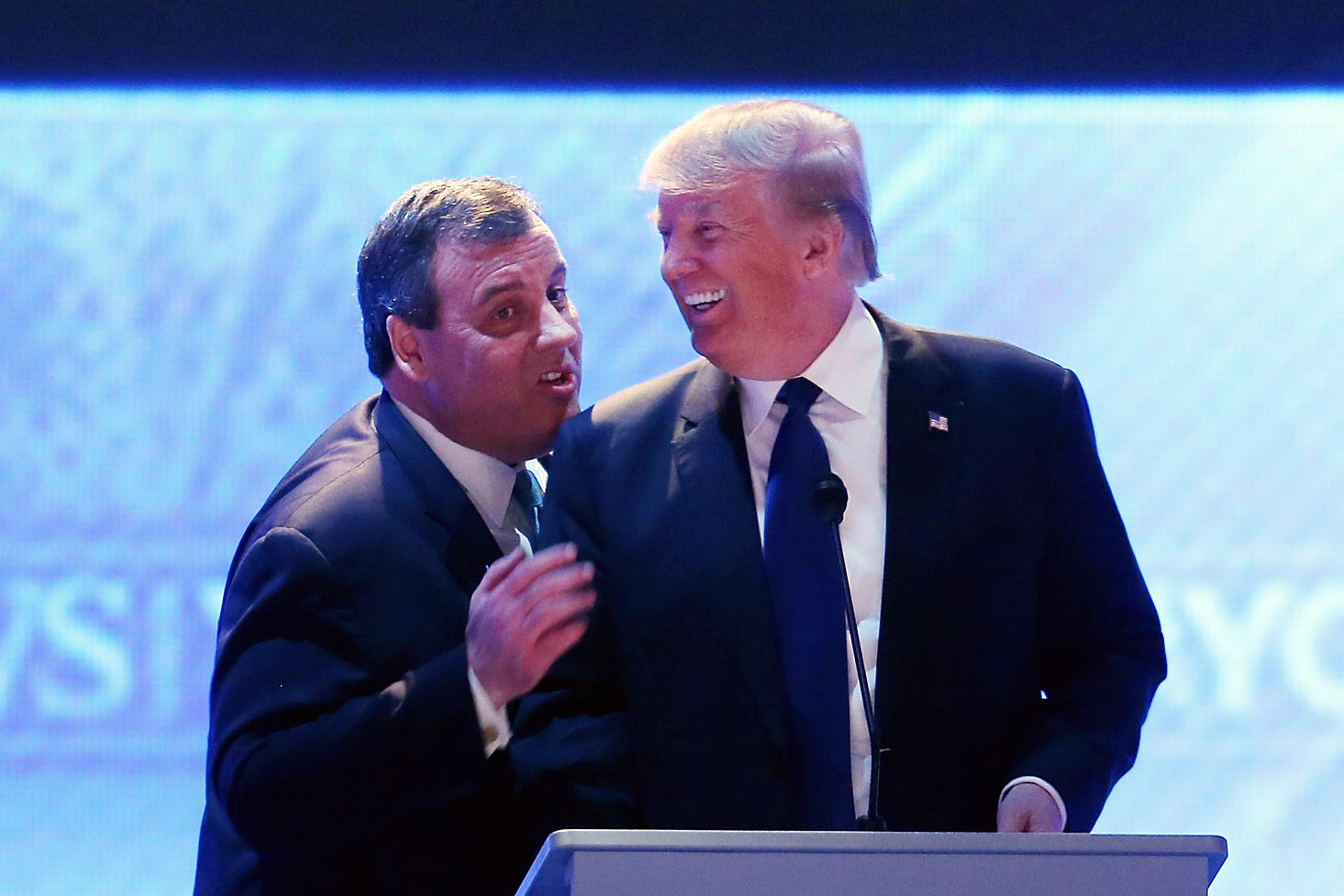
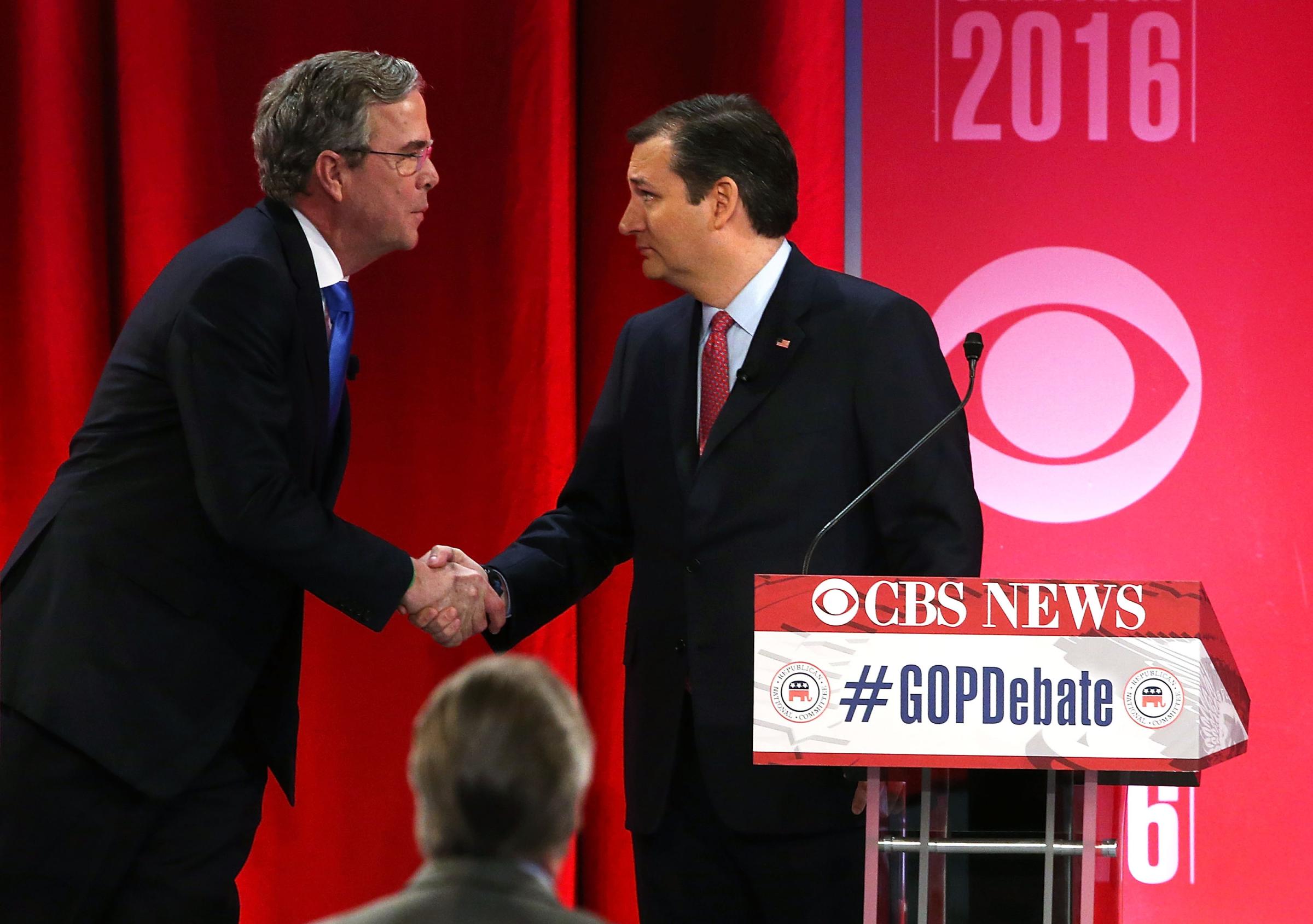
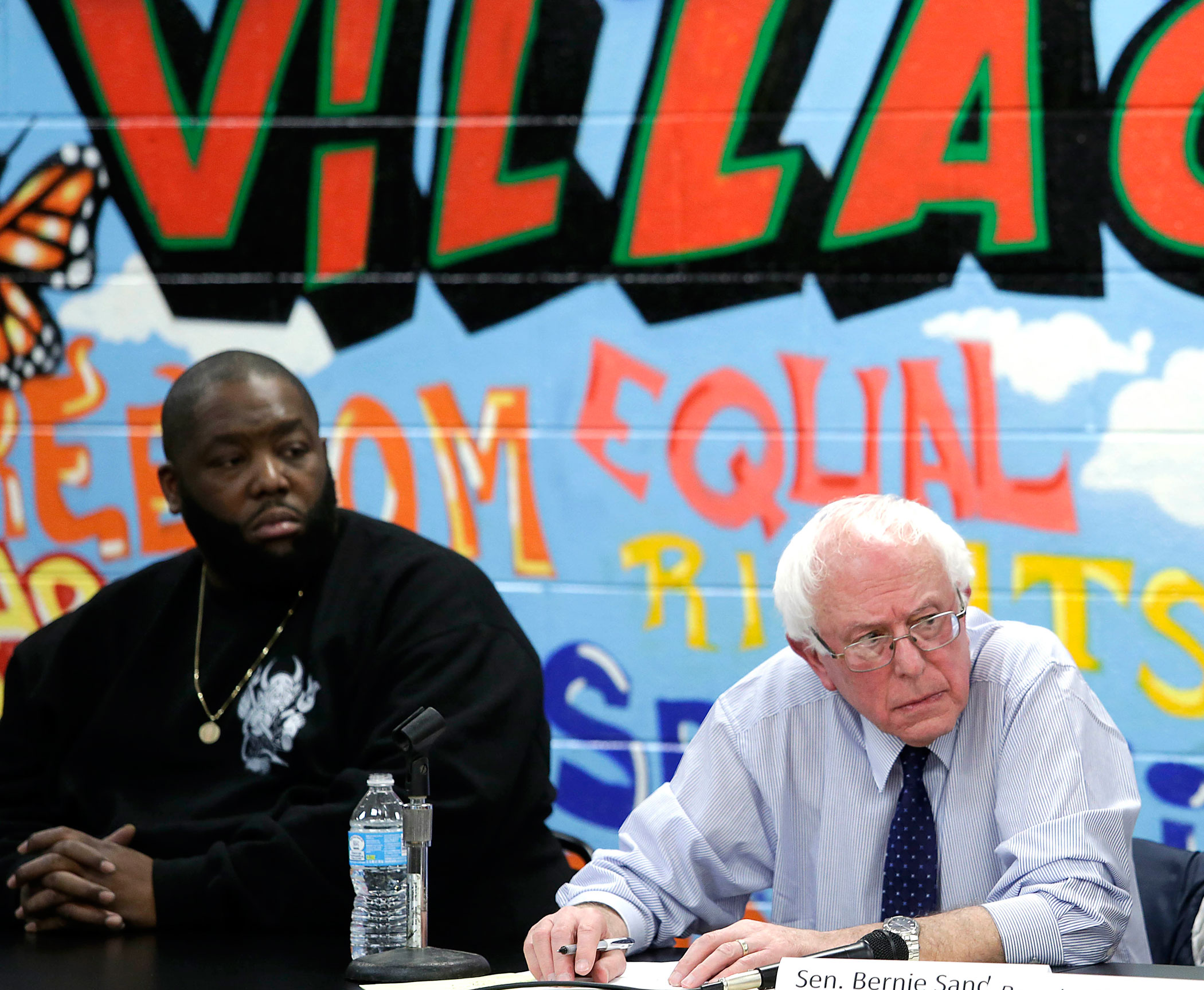
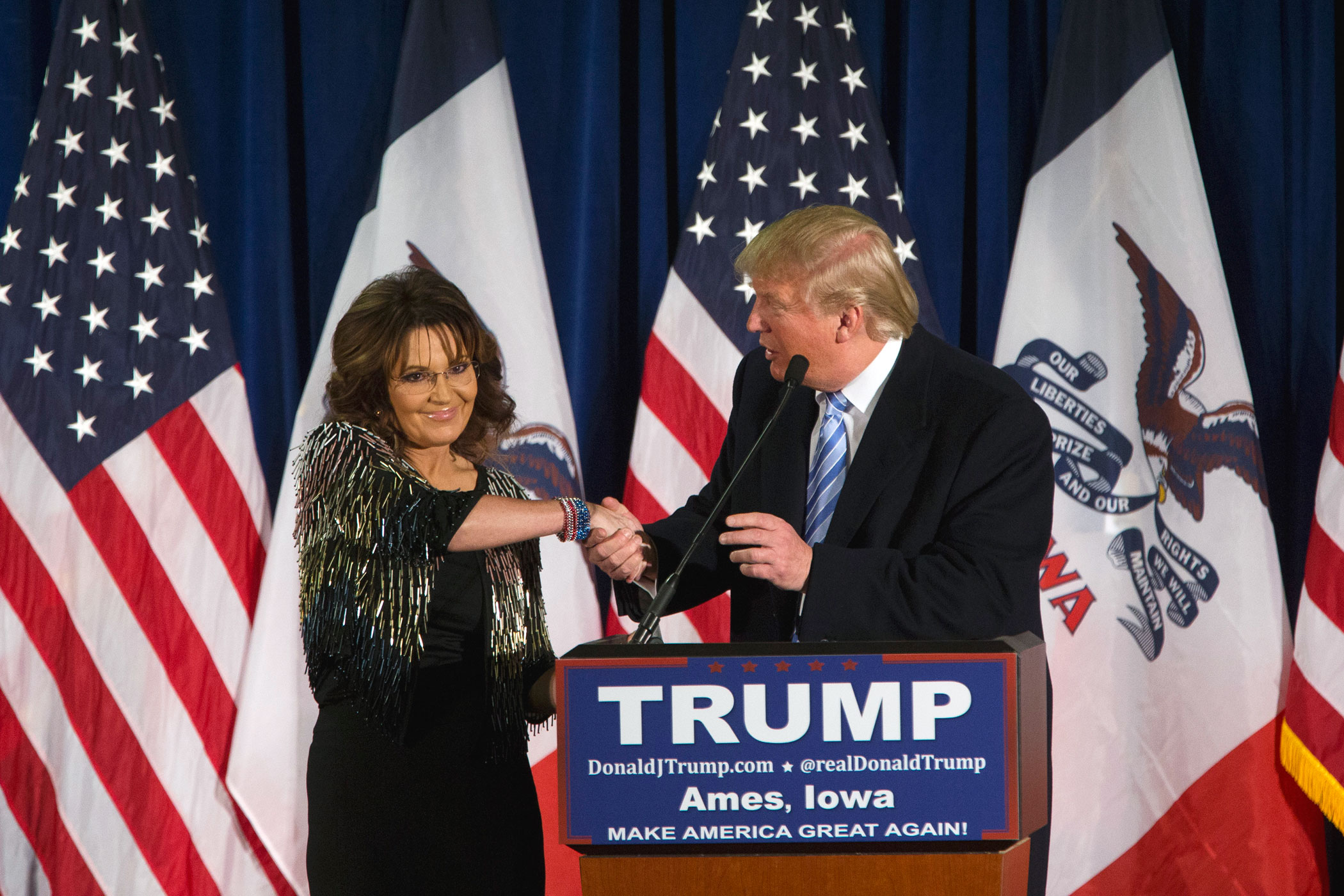
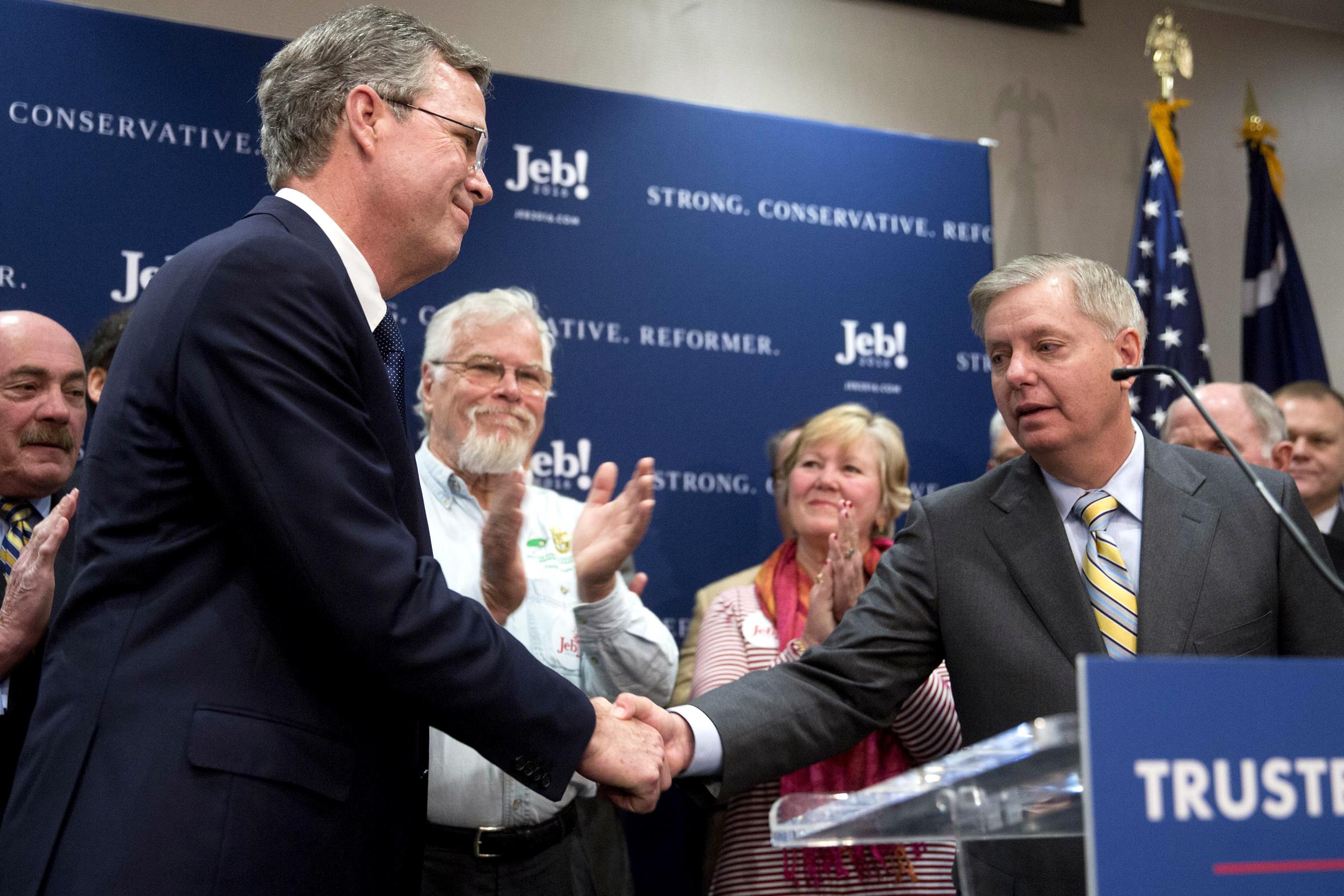
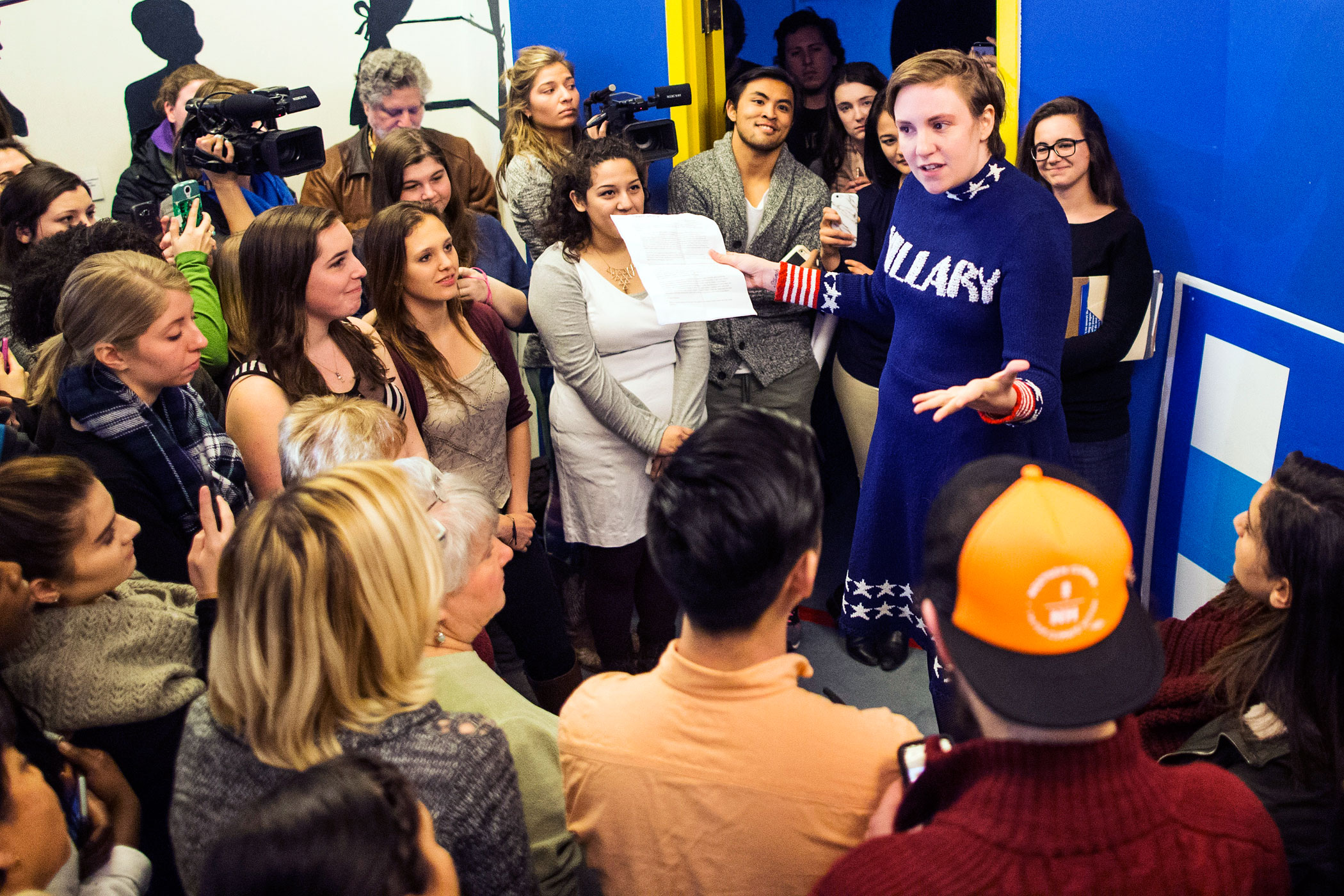


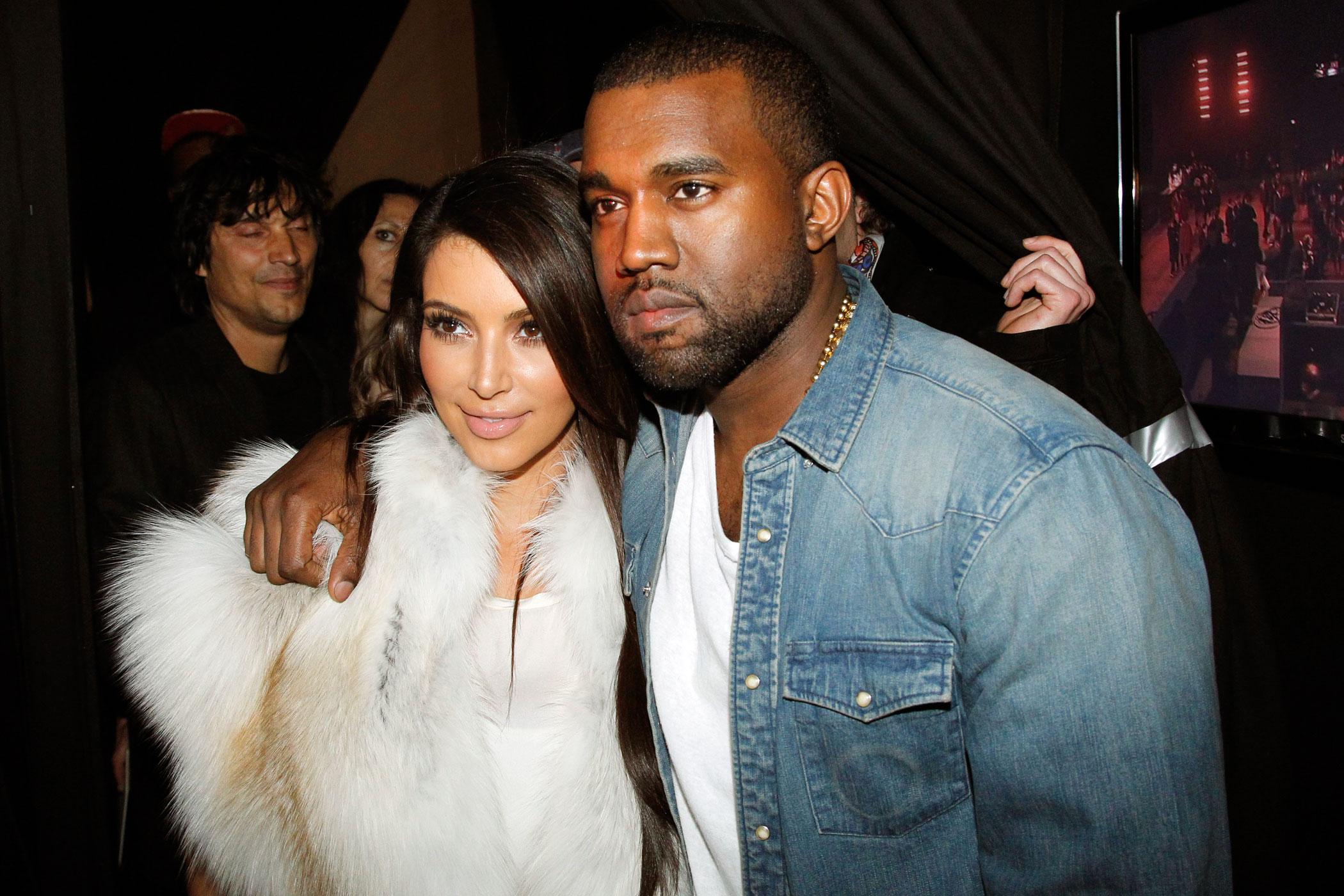

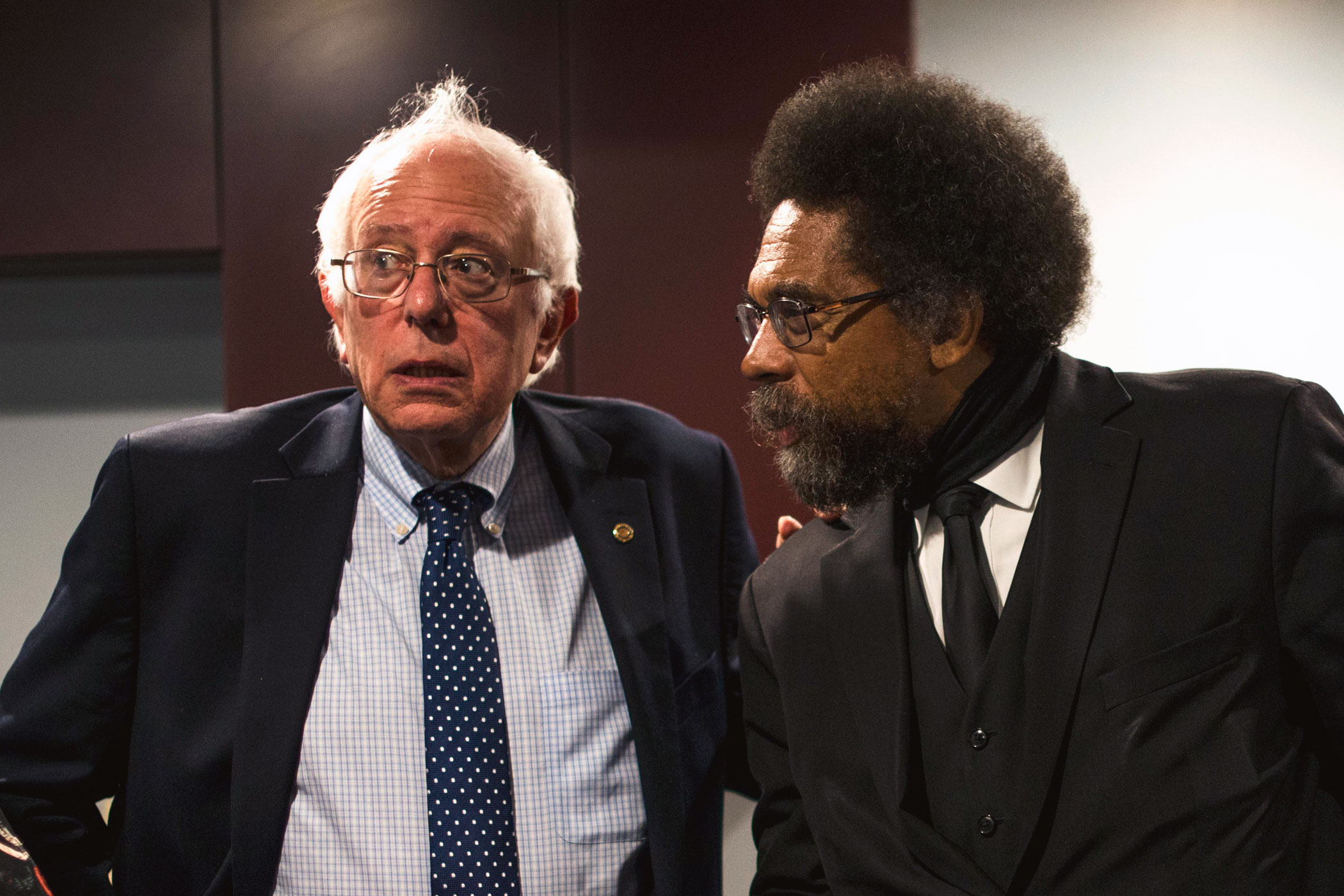

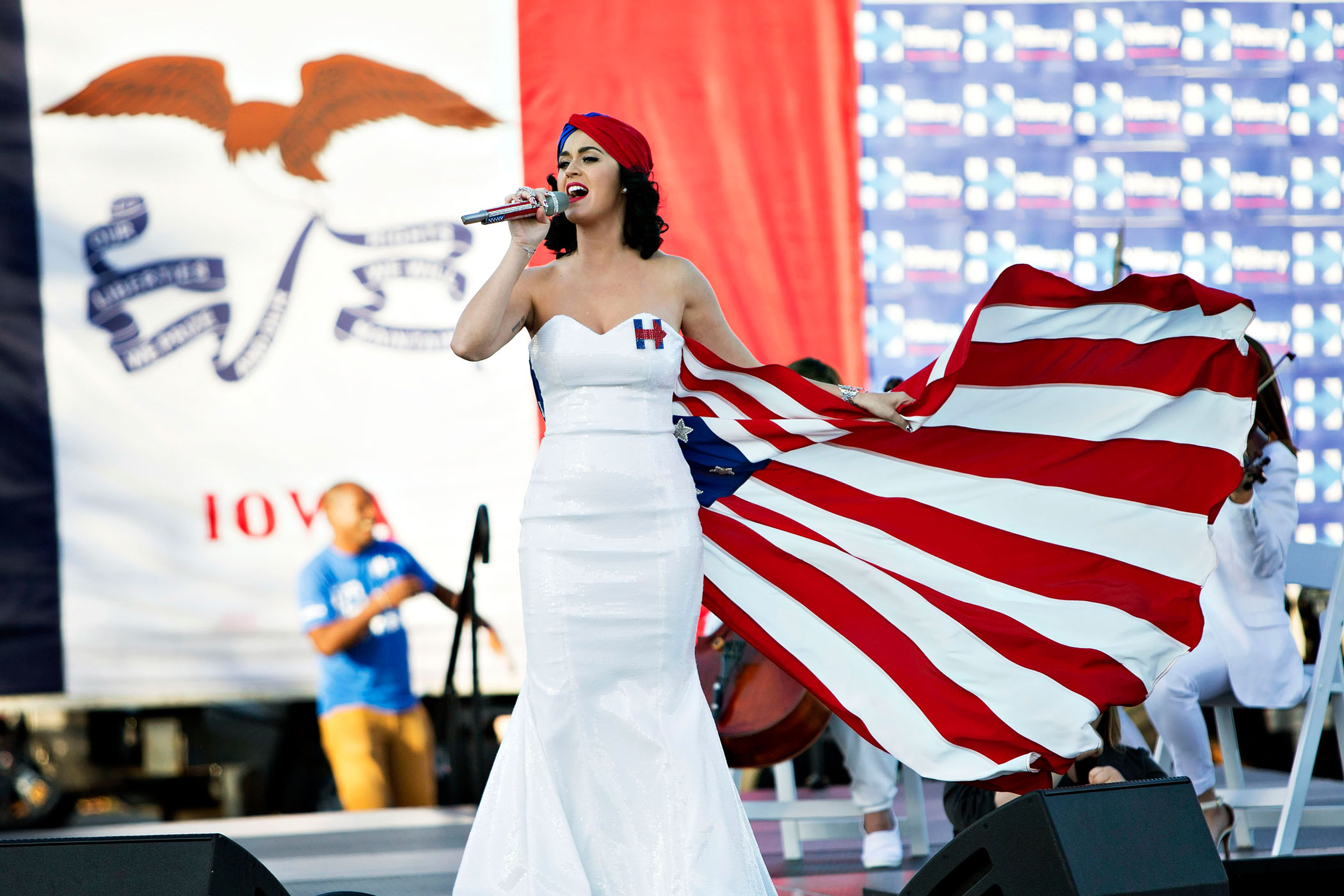
The questions for energy markets are really; 1. Who is more likely to be able to either help steer China and Europe towards resolving their respective economic issues? And 2. Who is more likely to be able to make OPEC understand the futility of their overproduction of oil? Trump may lack the finesse to tackle either challenge, but perhaps he could appoint various cabinet members and diplomats who could deal with these issues. After all, love him or hate him, it’s hard to credibly argue that a man who is worth billions is stupid or foolish – fools and their money are soon parted. Either way, Rubio is probably a safer and more conventional choice for financial markets and the Republican party overall. The open question is whether he can manage to wrest away Trump’s commanding lead this late in the race.
On the Democratic side, Bernie Sanders is the equivalent of Trump. Prone to making headlines and offering explosive ideas from free education to universal healthcare, Sanders is not even a Democrat. He is an independent who caucuses with the Democratic party, but only because a Socialist party doesn’t exist in the US. Sanders positions are so far to the left of Clinton’s that it makes her look like a centrist in many cases. Yet that might be exactly his virtue. If Sanders wins, it is almost inconceivable that he could actually push any part of his agenda through Congress. Even many progressives like Paul Krugman scorn him as unrealistic. Given that, a Sanders Presidency would likely lead to almost nothing being accomplished, and from the standpoint of the markets, that could be a good thing indeed. Of course, if Sanders did manage to get Democrats elected to Congress, he could push through policies that would be anathema to most businesses and investors across the country.
Investors have a lot to think about this Tuesday.
This article originally appeared on Oilprice.com
More Must-Reads from TIME
- Why Trump’s Message Worked on Latino Men
- What Trump’s Win Could Mean for Housing
- The 100 Must-Read Books of 2024
- Sleep Doctors Share the 1 Tip That’s Changed Their Lives
- Column: Let’s Bring Back Romance
- What It’s Like to Have Long COVID As a Kid
- FX’s Say Nothing Is the Must-Watch Political Thriller of 2024
- Merle Bombardieri Is Helping People Make the Baby Decision
Contact us at letters@time.com